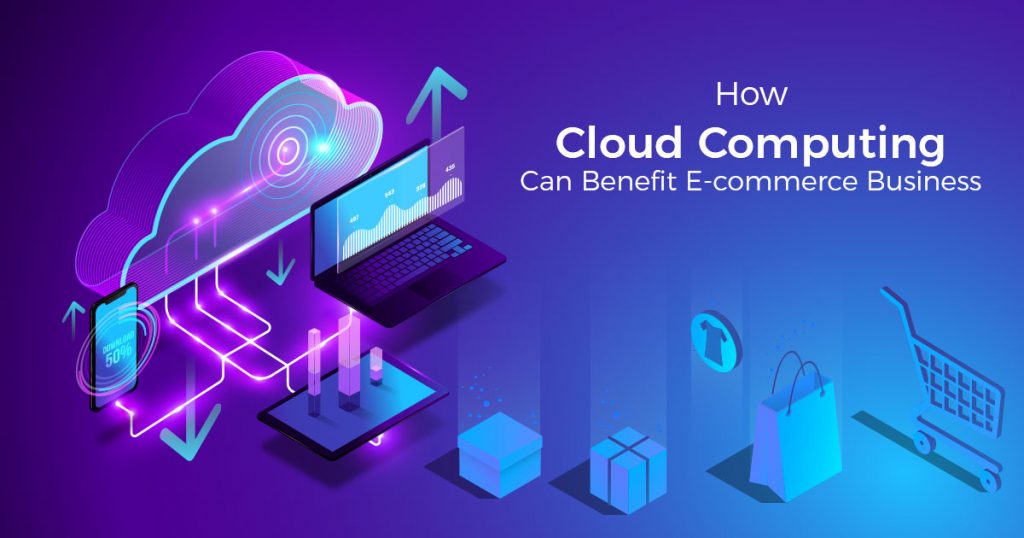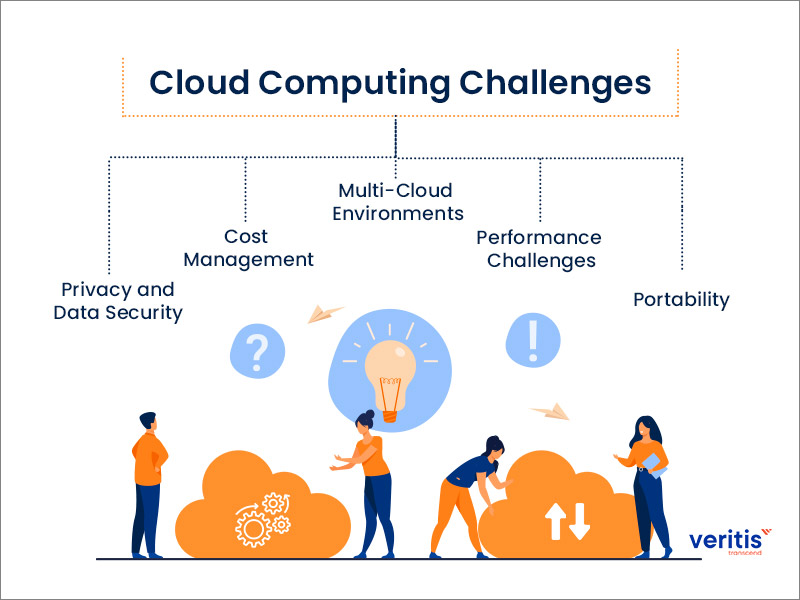
Cloud Computing for E-Commerce: Driving Online Retail Success
Advertisment
Harnessing Cloud Computing for E-Commerce: Fueling Online Retail Success
Cloud computing is revolutionizing the e-commerce landscape by providing powerful solutions that enhance operational efficiency, customer experience, and data management. As online retailers increasingly adopt cloud technologies, they can streamline their operations, reduce costs, and respond more effectively to market demands. This article explores the benefits, applications, challenges, and best practices of cloud computing in the e-commerce sector.
1. Understanding Cloud Computing in E-Commerce
1.1. Definition of Cloud Computing
Cloud computing refers to the delivery of computing services—including storage, processing power, and applications—over the internet. This model allows e-commerce businesses to access resources on-demand, providing the flexibility and scalability necessary to meet changing consumer demands.
1.2. Importance for Online Retail
In the e-commerce sector, cloud computing plays a critical role in managing vast amounts of data, ensuring seamless transactions, and enhancing the overall shopping experience. By leveraging cloud-based solutions, online retailers can optimize their operations and adapt quickly to the evolving market landscape.
2. Benefits of Cloud Computing in E-Commerce
2.1. Scalability and Flexibility
Cloud-based solutions enable e-commerce businesses to scale their operations up or down based on demand. This scalability is especially beneficial during peak shopping seasons, allowing retailers to handle increased traffic without compromising performance.
2.2. Cost Efficiency
Adopting cloud computing significantly reduces the costs associated with maintaining on-premises infrastructure. E-commerce businesses can utilize a pay-as-you-go model, allowing them to allocate resources more effectively and invest in other critical areas.
2.3. Enhanced Customer Experience
Cloud technologies facilitate personalized shopping experiences by enabling retailers to analyze customer data in real time. This insight allows businesses to tailor their offerings and improve customer satisfaction, leading to increased loyalty and sales.
2.4. Improved Security
Cloud providers implement advanced security measures to protect sensitive customer information. Features such as encryption, multi-factor authentication, and continuous monitoring help e-commerce businesses mitigate risks and comply with data protection regulations.
3. Key Applications of Cloud Computing in E-Commerce
3.1. Inventory Management Systems
Cloud-based inventory management solutions help e-commerce businesses track stock levels, manage suppliers, and forecast demand effectively. These systems enable real-time updates, reducing the risk of stockouts or overstock situations.
3.2. Customer Relationship Management (CRM)
Cloud-based CRM systems (e.g., Salesforce, HubSpot) enable e-commerce retailers to manage customer interactions efficiently. These tools provide valuable insights into customer behavior, allowing businesses to enhance marketing strategies and improve customer service.
Advertisment
3.3. E-Commerce Platforms
Many e-commerce platforms, such as Shopify and WooCommerce, are cloud-based, providing retailers with the tools they need to create and manage online stores. These platforms facilitate secure transactions, manage product listings, and provide analytics on sales performance.
3.4. Data Analytics
Cloud-based analytics tools enable e-commerce businesses to analyze sales data, customer behavior, and market trends. By leveraging this information, retailers can make informed decisions and optimize their marketing and inventory strategies.
4. Challenges of Cloud Computing in E-Commerce
4.1. Data Privacy and Compliance
E-commerce businesses must prioritize the protection of sensitive customer data. Ensuring compliance with regulations such as GDPR and CCPA can be complex and requires careful selection of cloud providers and robust security measures.
4.2. Internet Dependency
Cloud services rely on stable internet connectivity. In areas with poor connectivity, e-commerce businesses may experience disruptions that could hinder the shopping experience and impact sales.
4.3. Integration with Existing Systems
Many e-commerce businesses rely on various software systems that may not easily integrate with cloud solutions. Developing a clear integration strategy is crucial for a smooth transition to cloud-based services.
5. Best Practices for Implementing Cloud Computing in E-Commerce
5.1. Conduct a Needs Assessment
Before adopting cloud solutions, e-commerce businesses should conduct a thorough assessment of their specific needs and goals. This evaluation will help identify which cloud services align best with their operational objectives.
5.2. Choose a Reliable Cloud Provider
Selecting a reputable cloud provider with experience in the e-commerce sector is crucial. Organizations should evaluate providers based on their security measures, compliance capabilities, and support services.
5.3. Implement Strong Security Measures
E-commerce businesses must prioritize data security by implementing encryption, access controls, and regular security audits. These measures are vital for protecting sensitive customer information and maintaining trust.
5.4. Provide Staff Training
Offering training for staff on cloud technologies and best practices is essential for successful implementation. Educated employees can leverage cloud tools effectively while adhering to security protocols.
6. Conclusion
Cloud computing is a game-changer for the e-commerce industry, driving operational efficiency, enhancing customer experience, and facilitating data management. By embracing cloud technologies, online retailers can optimize their operations and achieve greater success in a competitive market. Understanding the challenges and implementing best practices will enable businesses to leverage cloud computing effectively in the e-commerce sector.
Advertisment












Post Comment